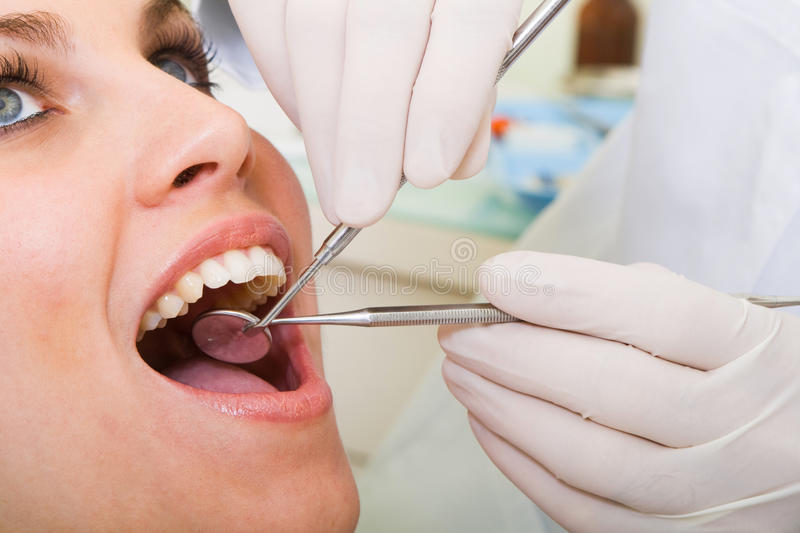Pain after root canal treatment is very common. Root canals are a common dental procedure that involve removing the infected pulp of a tooth and replacing it with a filling. While the procedure is relatively painless, it can cause some discomfort afterwards. In this article, we’ll discuss how to manage and reduce the pain associated with a root canal.
Read on with us till end to discover the subject completely.

What is root canal?
Root canal pain is a type of dental pain caused by inflammation or infection of the pulp, which is the soft, inner part of the tooth. The pulp is made up of nerves and blood vessels that provide nourishment to the tooth. When the pulp becomes infected, it can cause a range of symptoms including severe pain, swelling, and sensitivity to hot and cold temperatures
When a root canal is performed, the infected pulp of the tooth is removed and replaced with a filling. The tooth is then sealed and protected from further damage. While the procedure itself is relatively painless, some people may experience some discomfort afterwards. This is normal and usually subsides within a few days.
Causes:
Root canal pain is usually caused by a deep cavity or an injury to the tooth. It can also be caused by an infection that has spread to the pulp from the gums or other teeth. In some cases, it can be caused by a buildup of bacteria on the tooth’s surface
Types of pain:
The most common type of pain after root canal is a dull ache in the area of the tooth. This is usually caused by inflammation of the surrounding tissue. Other symptoms may include sensitivity to hot and cold temperatures, tenderness when chewing, and a general feeling of discomfort.

Ways to manage pain:
Fortunately, there are several ways to manage and reduce the pain after root canal. The most important thing to do is to take any medications prescribed by your dentist.
Medication:
Painkillers such as ibuprofen and acetaminophen can help reduce inflammation and provide relief from pain. . This may include avoiding certain foods and drinks and avoiding hard or crunchy foods. You can also apply a paste made from crushed aspirin and water to the affected area. This can help reduce inflammation and provide relief from pain
Avoid stress:
It’s also important to get plenty of rest and relaxation. Stress can worsen the pain associated with a root canal, so it’s important to take time to relax and reduce stress levels. Taking warm baths, listening to soothing music, or practicing meditation can all help reduce stress and promote relaxation.
DIY to get rid of pain:
In addition to medications and relaxation, there are also several home remedies that can help reduce the pain associated with a root canal. Applying a cold compress to the area can help reduce swelling and pain. .
Visit your dentist:
Finally, it’s important to follow up with your dentist after the procedure. They may recommend further treatments such as antibiotics or a follow-up appointment to ensure that the tooth is healing properly. It’s also important to follow your dentist’s instructions for taking care of the tooth

Last but not the least
Root canals are a common dental procedure that can cause some discomfort afterwards. Fortunately, there are several ways to manage and reduce the pain after root canal. Taking medications prescribed by your dentist, following their instructions for taking care of the tooth, getting plenty of rest and relaxation, and using home remedies can all help reduce the pain associated with a root canal. It’s also important to follow up with your dentist after the procedure to ensure that the tooth is healing properly.